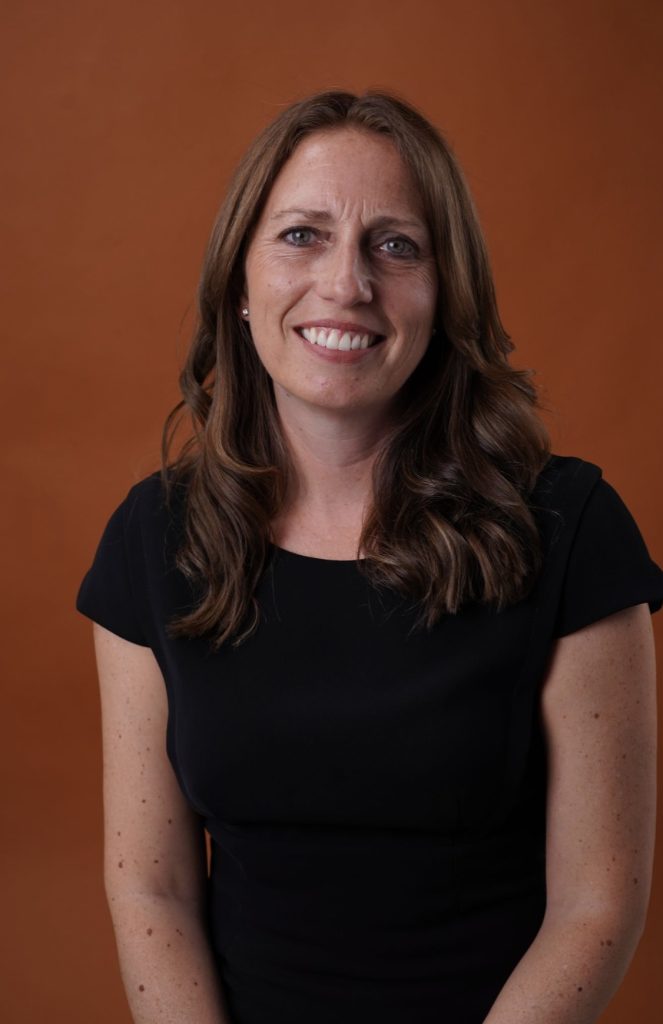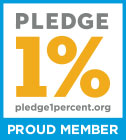Q&A with Claire Conby from the Digital Pound Foundation

The Digital Pound Foundation plays a key role in advocating for well-designed digital money in the UK. It was established as a non-profit organisation in June 2021 to act as a catalyst among all stakeholders to explore and articulate the case for a digital Pound that is well thought through and can co-exist within a diverse, effective and competitive ecosystem, in the UK and globally.
Claire Conby recently took on the role of Executive Director at the Digital Pound Foundation.
In this pre-event interview with Martin Wallraff, Director at Payments Consulting Network, leading up to the Digital Currency Conference, she discusses her career path, the current focus of the Digital Pound Foundation, challenges for the introduction of a digital currency, her favourite use cases and potential benefits for the UK Treasury.
MW: Claire, it’s great to have you here. Let’s start by discussing your career journey and how you arrived at your current role with the Digital Pound Foundation. Could you give us an overview?
CC: Absolutely, and thanks for having me. My career journey has been quite diverse. I began in compliance and risk management, with my first major role supporting the financial markets trading floor at the Royal Bank of Scotland. I quickly realised that while compliance is crucial, I was equally passionate about enabling fintech innovation and supporting business opportunities and wanted to move away from the perception of compliance a ‘business prevention unit’. I transitioned from compliance into a business, strategy and risk management role at Coutts, focusing on structured products, with a core focus on meeting clients’ needs and enabling the business to achieve its growth aspirations.
After that, I took a six-year career break to build a franchise in speech and language for preschoolers, which became the most successful franchise of its kind in the UK. Although my heart was still in finance, this experience fuelled my appetite for business.
When I decided to return to finance, I joined a blockchain startup called Billon, focusing on e-money and payments services compliance, anti-money laundering; whilst exploring the potential of new technologies in payments. This enabled me to again embrace the impact I could have with that combined compliance and business mindset. More recently, I co-founded One Step Financial, a start-up focused on programmable incentive payments and engagement platforms. My work is dedicated to revolutionising payments and transforming the FinTech landscape as we know it today.
This further led me to the Digital Pound Foundation, where I found a perfect alignment with my interests in digital money and fintech innovation. I first become involved through a membership arrangement, but very quickly got stuck in and became very active in terms of supporting the foundation operationally and ‘getting things done’. Recently, I have been appointed Executive Director of the foundation, focusing on operations and innovation; in particular our work on use cases and identity and privacy.
MW: That’s quite a journey! Can you tell us more about the Digital Pound Foundation and its objectives?
CC: The Digital Pound Foundation, established three and a half years ago, is dedicated to advocating for a well-designed digital Pound. We focus on both Central Bank Digital Currencies (CBDCs) and privately issued digital money forms, like stablecoins and tokenised deposits. For us, it’s really important that we are talking about a form of money that can therefore be used in the mainstream payments landscape, for example, to pay for your shopping, enable prompt and efficient distribution of benefits or, on a broader scale, enabling wholesale market efficiencies.
MW: What are some of the current priorities and projects for the Foundation?
CC: Right now, in addition of course to navigating and feeding into the evolving regulatory landscape, we’re deeply involved in understanding and developing use cases for retail CBDCs as well as exploring new forms of digital money generally and the opportunities they provide to re-think payments and financial services as we know them today. We recently partnered with the University of Manchester to research retail CBDCs and identify what might drive their adoption. Some potential use cases include discounted payments (e.g. car tax), micro payments for recycling incentives, streamlined tax/VAT payments, and better control over government aid distribution.
We have also developed an identity solution to streamline AML and KYC processes, enabling enhanced control over data sharing, privacy and efficiency.
MW: What’s your favourite use case for digital money?
CC: One of my favourites is using digital money for micro payments as incentives for recycling behaviours. Through my role at One Step Financial, we’re exploring how programmable payments, alongside task validation technologies, can reward recycling effectively. We’re looking at small rewards, like 20-30 pence, for returning a plastic bottle, for example. This ties into broader sustainability goals and can make recycling incentives more impactful and efficient. Micropayments are a great use case for digital money, solving the problem that they are typically disproportionately complex and operationally burdensome.
MW: What can you tell us about the timeline for introducing a retail CBDC?
CC: It’s a complex process, and while the UK is about 12-18 months behind the digital euro explorations and related activities, I’d estimate that we might see a fully functional retail CBDC in the UK in about 5 years. There’s still a lot of work to be done, including defining regulatory frameworks, enabling interoperability and integration into the existing payments infrastructure, and ensuring privacy concerns are addressed.
MW: There was a recent study suggesting that a retail CBDC could generate 20-30£ bn of annual revenues for the UK Treasury from seigniorage.What are your thoughts on this?
CC: It’s quite an interesting consideration that I don’t think too many people are talking about, at least not publicly. So, it’s certainly worthy of further investigation, and is indeed a topic that we have touched upon in our working groups. However, at the end of the day, in my mind what is key is what matters to the retail (and wholesale) user. A new form of digital money needs to be practical, efficient, and offer something over and above the existing payment landscape, that enables the UK to embrace and benefit from fintech innovation. If the government is able to recoup some of the costs associated with the exploration and, potentially, implementation and ongoing related activities of launching and supporting a CBDC, then I don’t see it as a bad thing.
MW Lastly, what are you most looking forward to at the Digital Currency Conference on 23-24 September?
CC: I’m excited about the opportunity to connect with global experts in payments and digital money. This conference is a fantastic platform for networking, sharing experiences, and learning about innovations from around the world. It’s a great way to stay at the forefront of industry developments and explore new ideas.
***
Author: Martin Wallraff, Director, London, Payments Consulting Network
Martin brings over 18 years of experience in financial services strategy consulting, both with external consultants and internal strategy teams. For the past decade, he has specialized in payments, fintech, and transaction banking, advising clients on strategy, market entry, product development, and cost management. His extensive international expertise includes leading projects worldwide and residing in various locations across Europe and Southeast Asia.
***
Payments Consulting Network is a media partner of the Digital Currency Conference.
For more information in the event please visit the website. To register click here.
***
If you found this article helpful and would like to read similar articles, please subscribe to our newsletter.
To get notified of our latest posts, follow the Payments Consulting Network company LinkedIn page and click on the bell icon at the top right section of our company profile.




